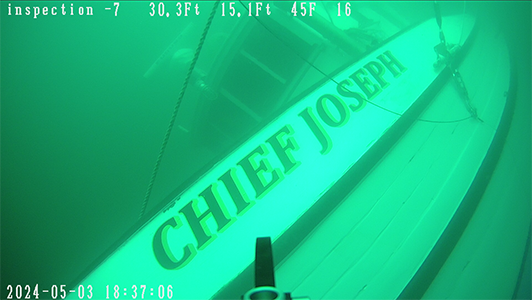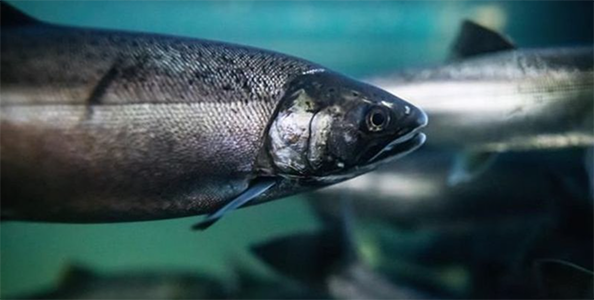||| MIDNIGHT MUTTERINGS by JACKIE BATES |||
I try to keep politics out of my mutterings online, mostly because I think it’s unfriendly (as well as futile) to try to influence another’s thinking and/or personal beliefs. Most of us can and do read and we all can choose where and when we get our information. However, (the dangerous ‘however’) I think it’s interesting to see how one person can change under certain circumstances and still remain the same person with the same basic values and beliefs. There’s probably a perfectly good word that describes that, but I am not able to bring it to mind now.
You probably know who Cassidy Hutchinson is: the very young White House staff person who stunned many of us with her testimony to the House of Representatives January 6 Committee.
If you have 3 hours and 20 minutes you can watch the final report of the House Select Committee on You Tube in approximately the same amount of time you can read Hutchinson’s book ‘Enough,’ which she wrote in collaboration with Mark Salter, though his name does not appear on the cover of the book. I’m about 2/3 of the way through it and will return it to the Orcas Library where it will go to the next person on the hold list.
I haven’t finished it yet so I’m not sure exactly how her opinions changed in the end, although I have watched several interviews online after her book came out.
In those online interviews online, she says she is still a Republican, which I found encouraging, though she says she will not support Trump if he becomes the nominee. In the online interviews after her book was released last week, she talks about the difficulty of her transition from supporting one person, Donald Trump, to reclaiming her first loyalty: supporting her love and belief in her country and its Constitution, which was her first passion from her childhood on. Hutchinson was slow to lose her loyalty to Trump, blaming herself and her colleagues for giving Trump bad advice and for not being able to influence him when he was wrong-headed.
Hutchinson shows us other patriots who changed more quickly than she did. Liz Cheney who lost her seat in the House of Representatives for speaking out and and Alyssa Farah Griffin, Hutchinson’s colleague and good friend (whom I had not heard of before this book). Hutchinson explains how her own loyalty to Trump strained their friendship and how she had to go to Griffin’s house to make amends and begin to heal their relationship.
Hutchinson credits Alexander Butterfield, now age 97, whose Watergate testimony gave her the example of courage for her to follow. The two were able to meet in person.
I am encouraged by Cassidy Hutchinson’s example. We don’t get anywhere by refusing to respect and try to understand people who think and believe differently from ourselves. Being civil and compassionate with those we disagree does not make us give up the power and comfort of our own truth and beliefs, just as it doesn’t assume we can change the other person’s views any more than they can change ours.
Note: One reason this subject interests me so much is that my five year old daughter Amanda and I stayed with friends of friends in their apartment behind the White House on the night of August 9, 1974, just after President Nixon left the White House after his resignation as a result of Watergate scandal. It was a very noisy night and we hadn’t heard the news on that last day of driving from California for my first teaching job at the University of Virginia in Charlottesville. Nixon’s resignation was a much less messy ending to a presidency gone very wrong than Trump’s.








